DIRECTIONS
Aromatherapy: Drop a few drops onto a diffuser, tissue, or into a spray bottle with water and breathe in deeply as it diffuses into the air.
Topical application: Carefully dilute 5-10 drops of essential oil into 50 drops of carrier oil such as Jojoba or Grapeseed oil, mix well, and massage on.
FACT
- Scientific Name: Melaluca alternifolia.
- Plant Part: Leaves.
- Respiratory | Colds & Flu | Fungus | Wounds | Dandruff | Acne.
- 100% Pure | Aromatherapy Grade | Organic Essential Oil.
- Herbaceous | Light | Sharp | Medicinal.
BENEFIT
Tea Tree Essential Oil, derived from the leaves of the Melaleuca alternifolia tree, is renowned for its powerful antimicrobial and therapeutic properties. When used responsibly, 100% pure and aromatherapy-grade Tea Tree Essential Oil can offer various benefits:
- Antimicrobial Properties: Tea Tree Oil is known for its strong antimicrobial and antibacterial properties. It can be used to help fight against bacteria, viruses, and fungi. It is commonly applied topically to support skin health.
- Acne Treatment: Tea Tree Oil is often used in skincare for its ability to help manage acne. Its antimicrobial properties may help reduce acne-causing bacteria, and its anti-inflammatory effects can help soothe irritated skin.
- Skin Infections: Tea Tree Oil is used to address various skin infections, including athlete’s foot, ringworm, and nail fungus. Its antifungal properties make it a popular choice for topical application.
- Minor Cuts and Wounds: Tea Tree Oil may be applied topically to minor cuts and wounds to help prevent infection and promote healing. Remember to dilute it with a carrier oil before applying to the skin.
- Dandruff and Scalp Health: Tea Tree Oil can be added to shampoos or diluted with a carrier oil and applied to the scalp to address dandruff and promote a healthy scalp. Its antifungal properties may help combat the yeast that contributes to dandruff.
- Insect Bites: The anti-inflammatory and soothing properties of Tea Tree Oil make it a potential remedy for insect bites. Applying diluted oil to the affected area may help reduce itching and irritation.
- Respiratory Health: Inhaling the vapor of Tea Tree Oil, either through steam inhalation or diffusing, can help ease respiratory issues. It may assist in relieving symptoms of colds, coughs, and sinus congestion.
- Mouth and Oral Health: Tea Tree Oil’s antimicrobial properties make it a useful addition to oral care products. It may help combat bacteria in the mouth and contribute to overall oral health.
- Natural Deodorant: Tea Tree Oil’s antibacterial properties make it a popular ingredient in natural deodorants. It can help control body odor by inhibiting the growth of odor-causing bacteria.
- Household Cleaning: Due to its antimicrobial properties, Tea Tree Oil is often used in homemade cleaning products to disinfect surfaces and create a fresh and clean environment.
While Tea Tree Oil offers numerous benefits, it’s important to use it with caution. Always dilute it properly with a carrier oil, as direct application may cause skin irritation. Additionally, pregnant women and individuals with specific medical conditions should consult with a healthcare professional before using Tea Tree Essential Oil.


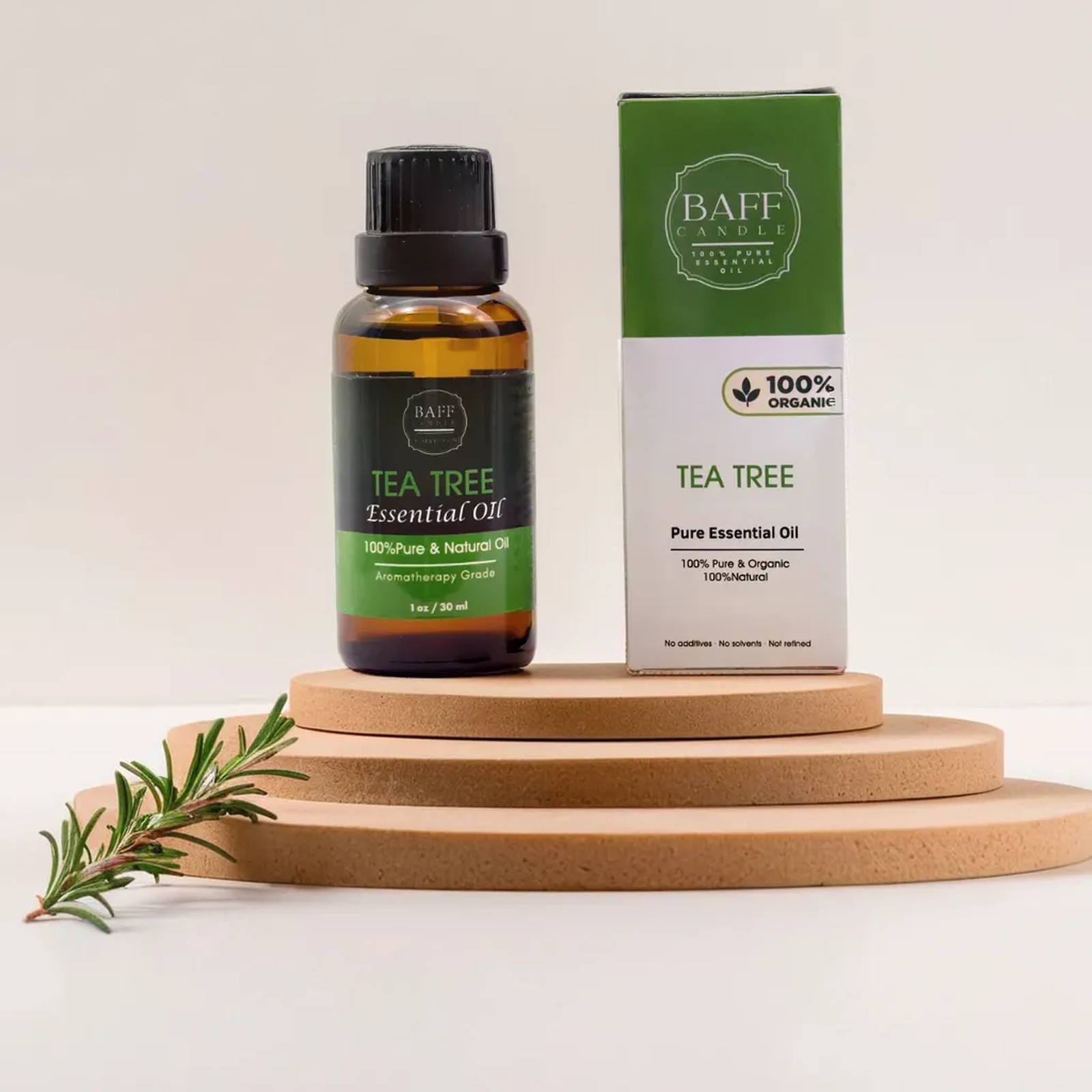
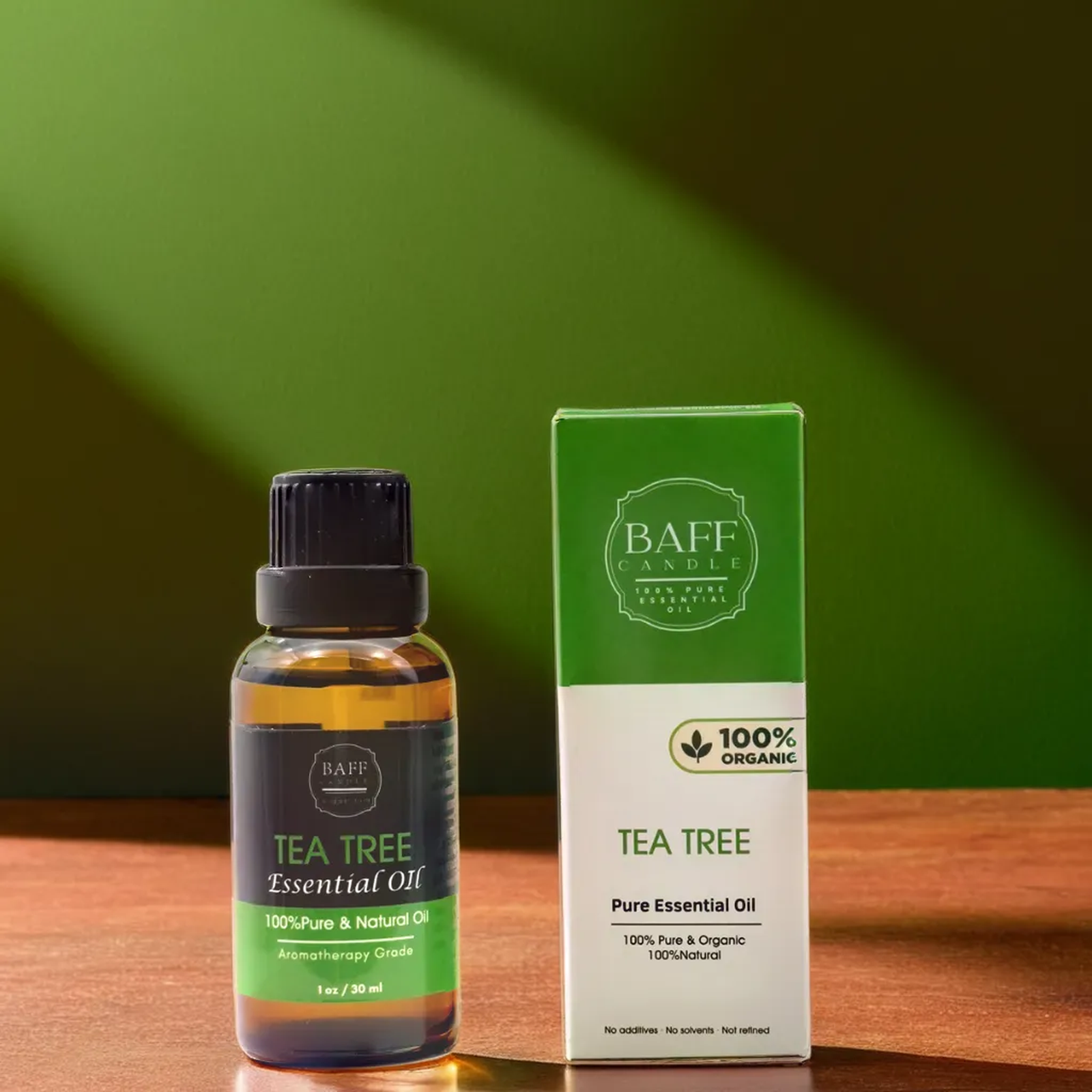
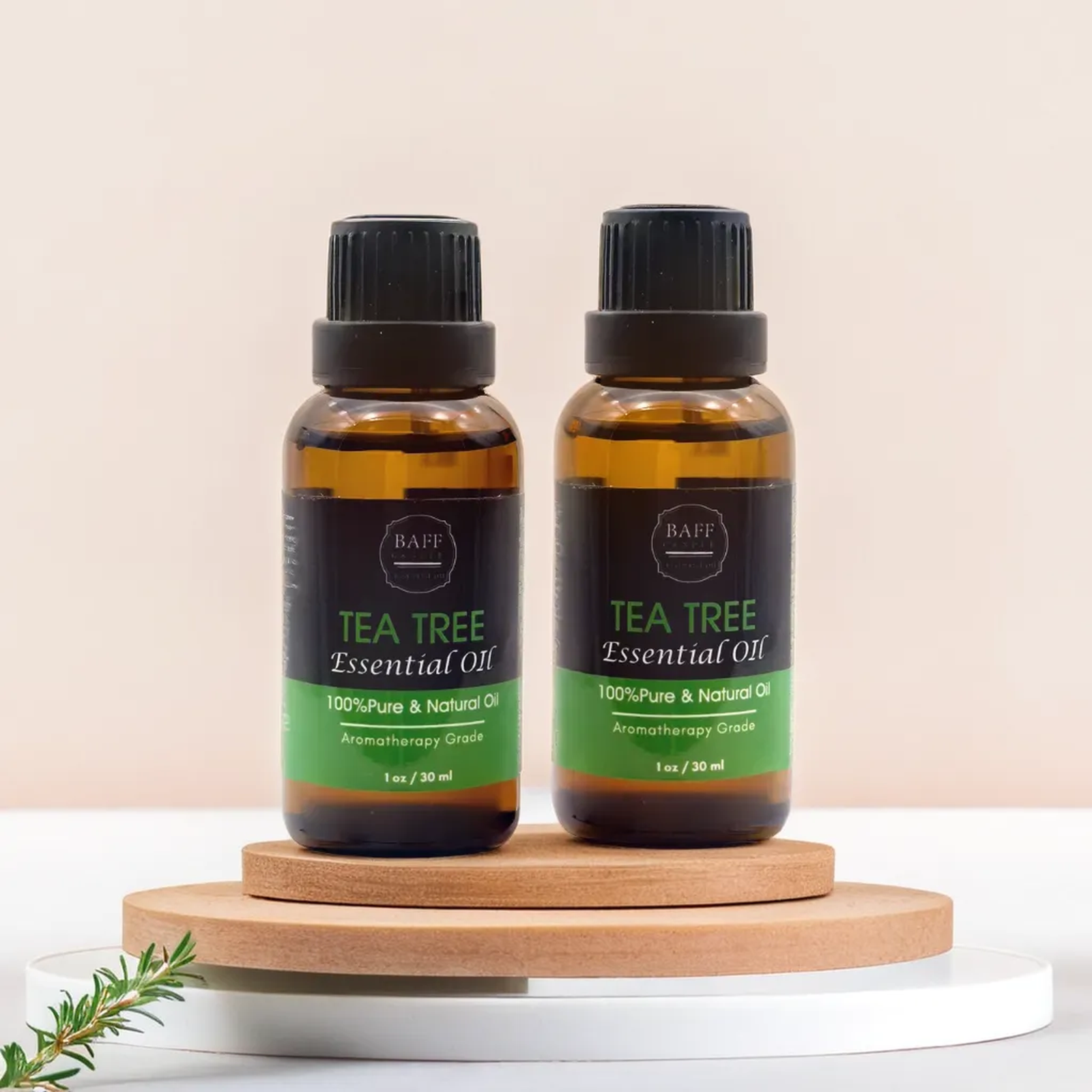
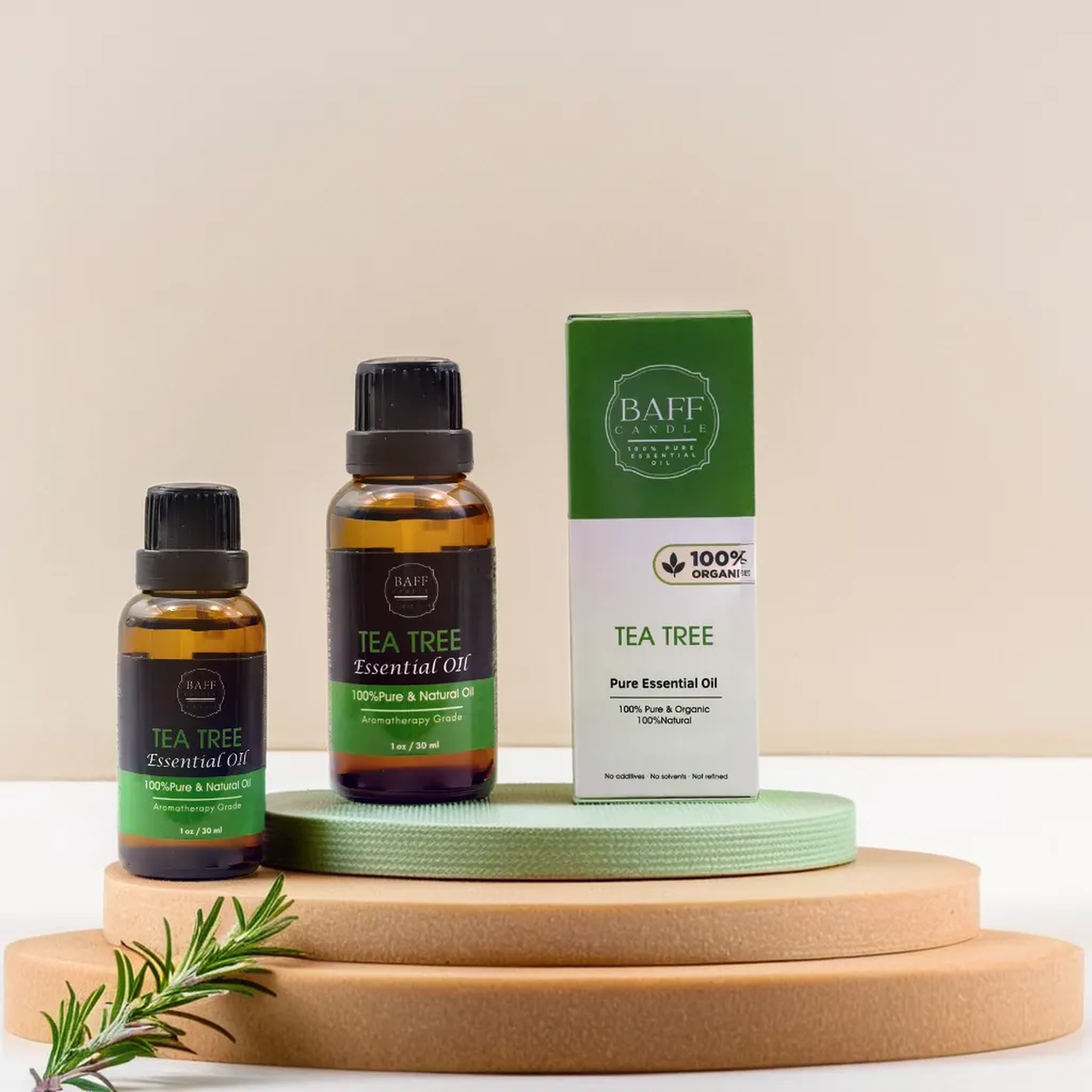
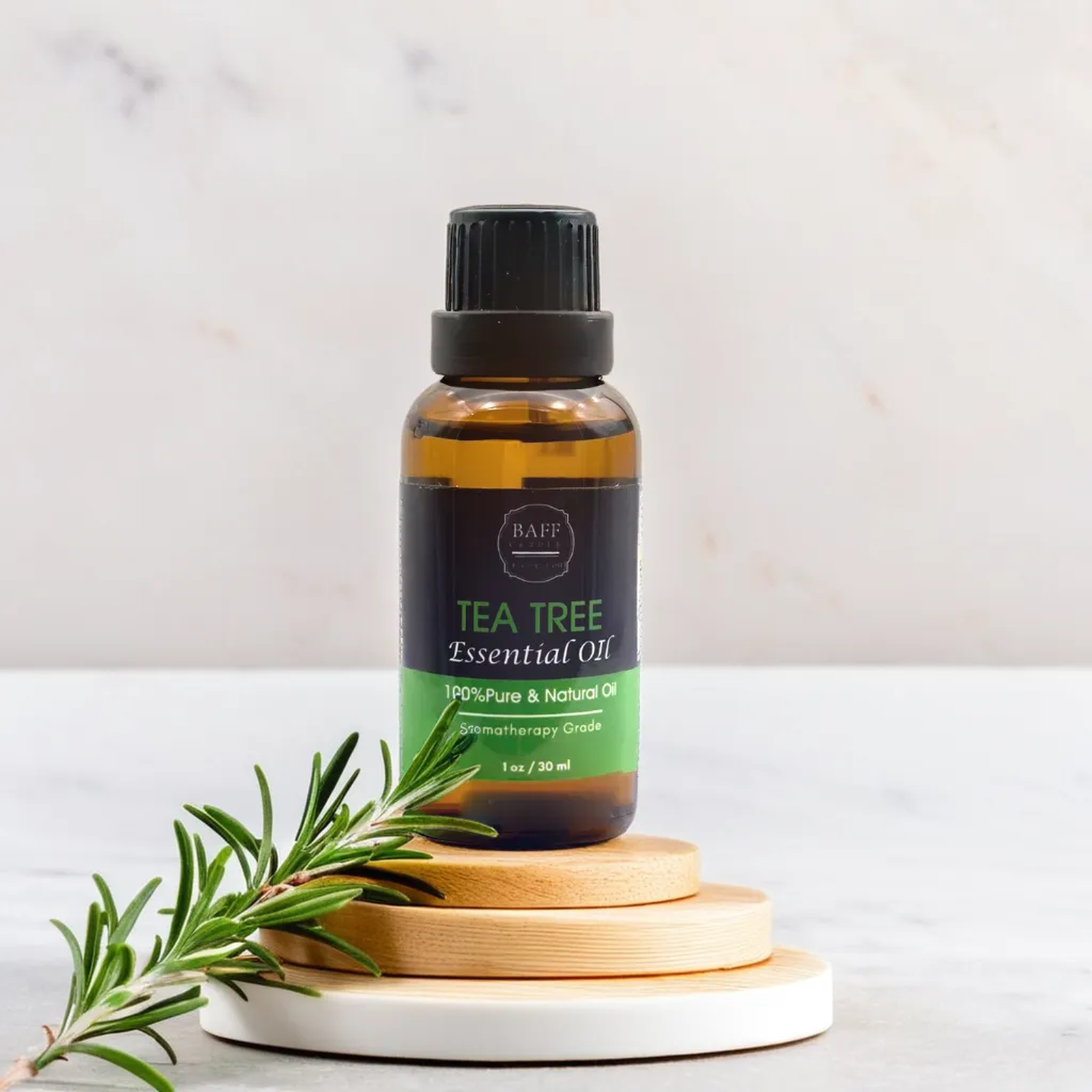
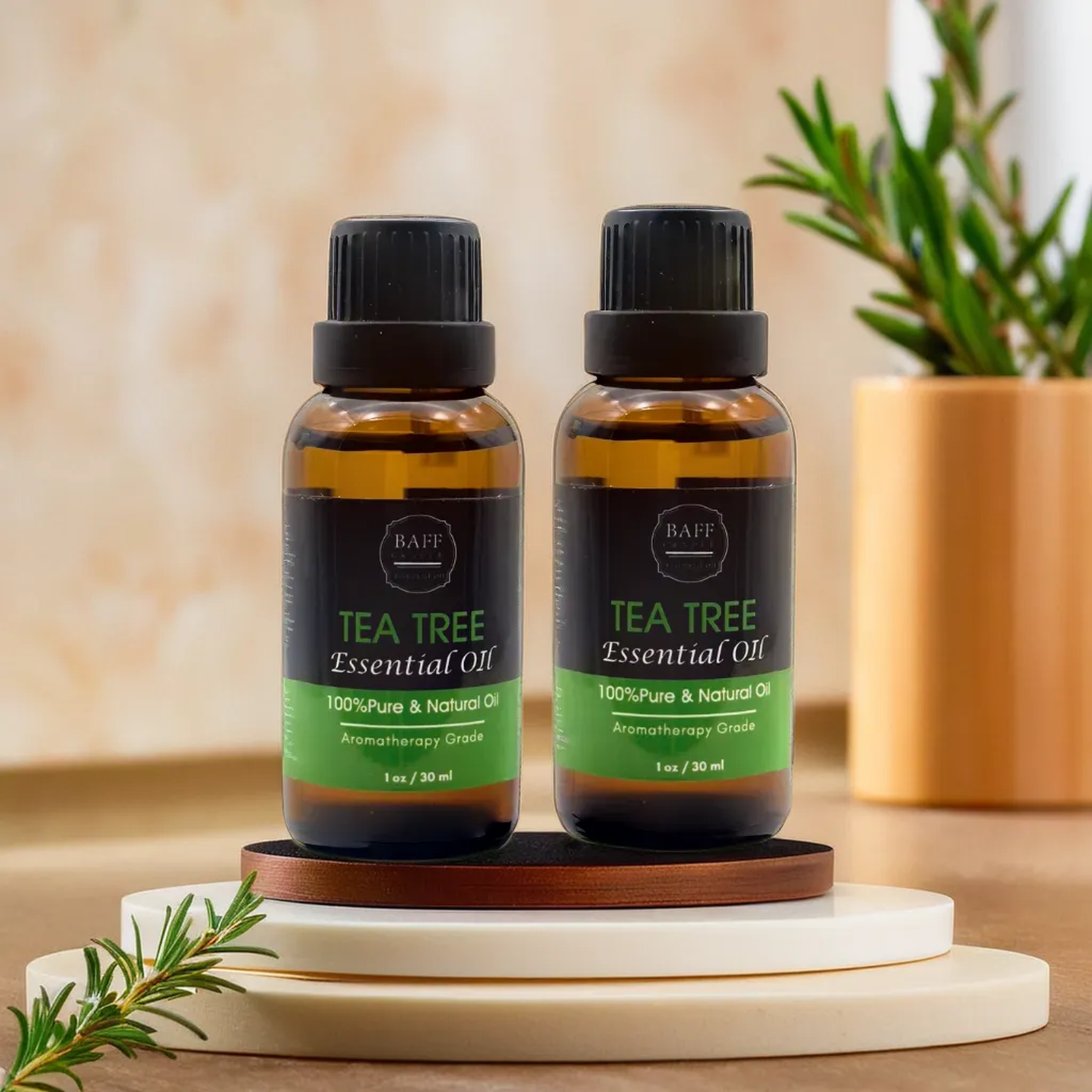
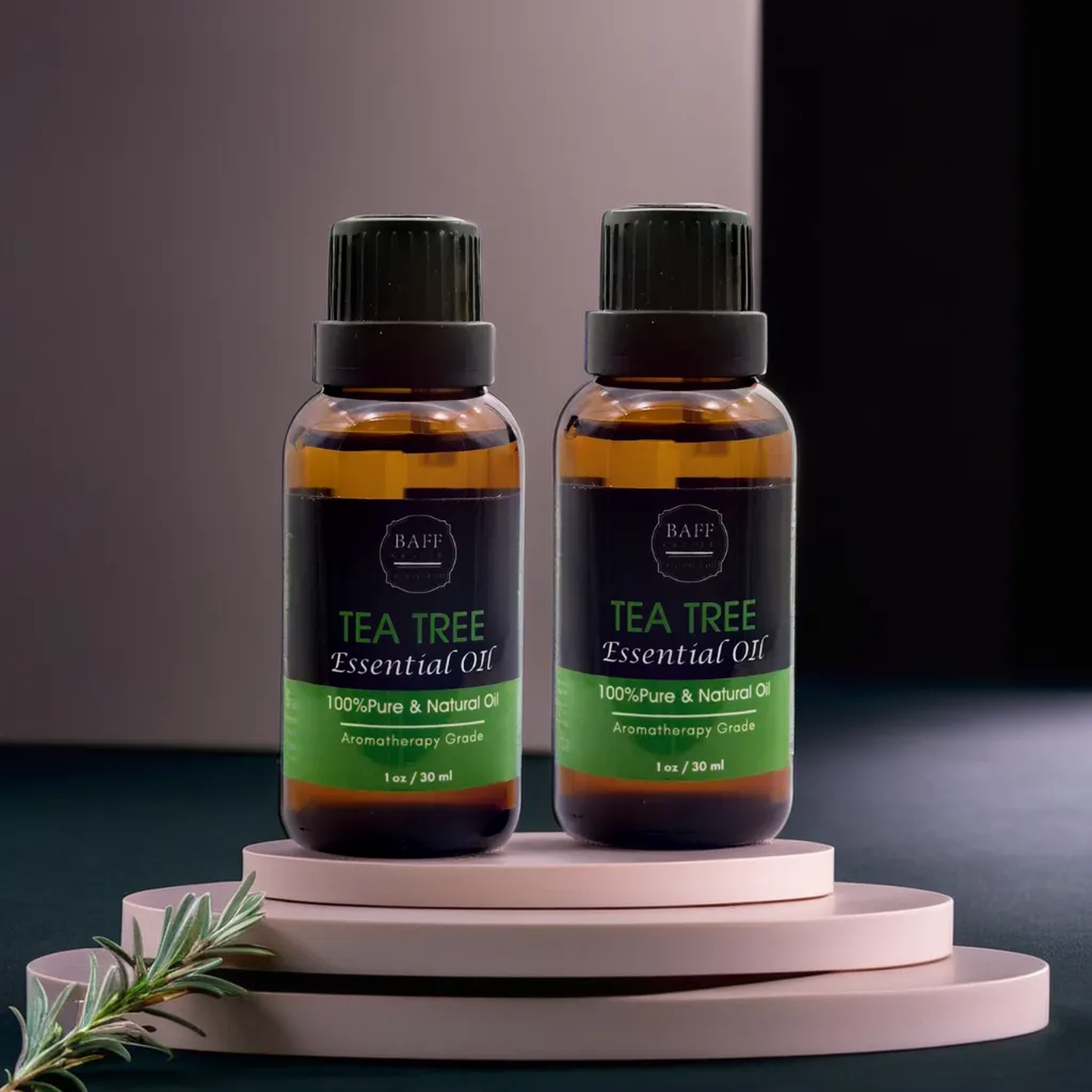
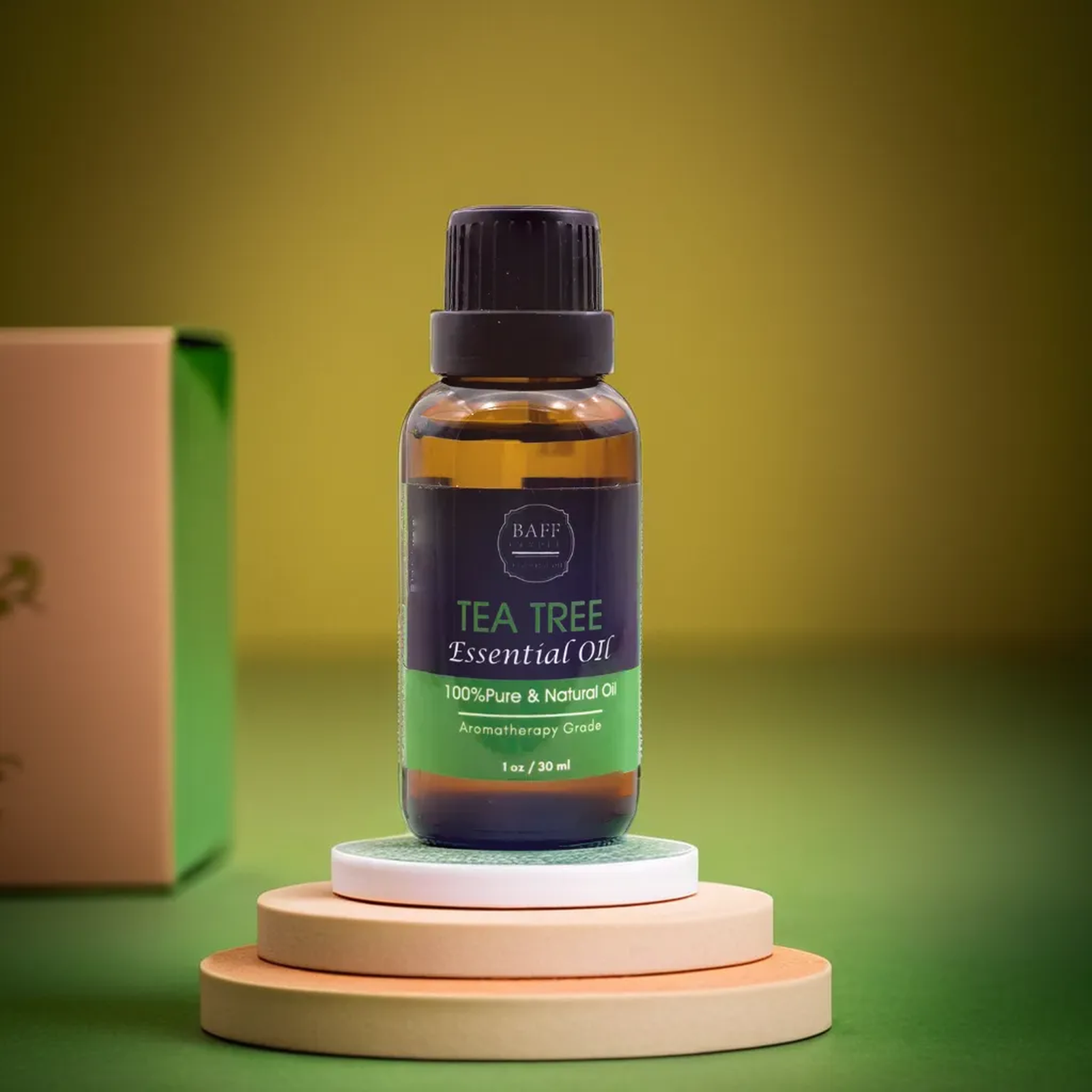
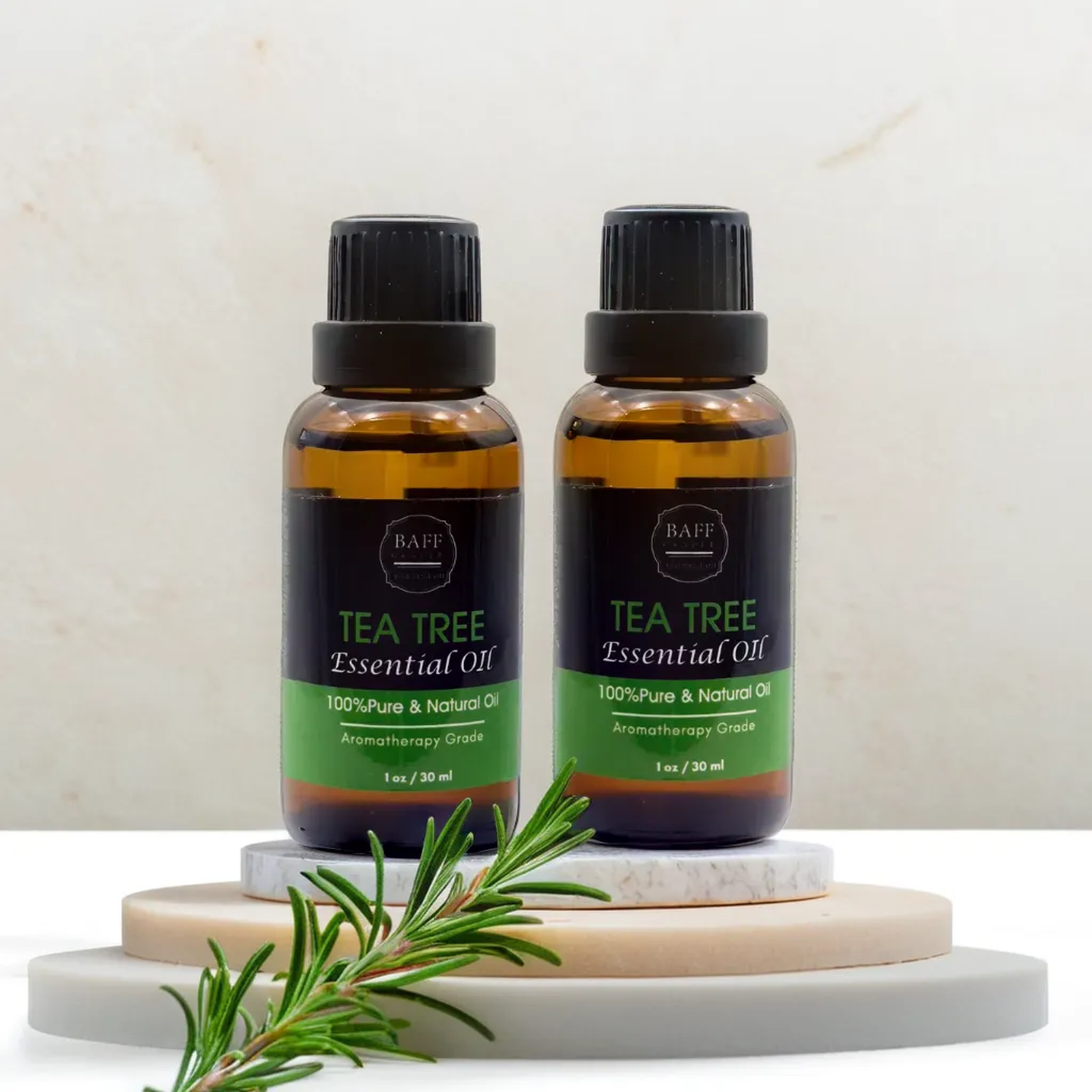
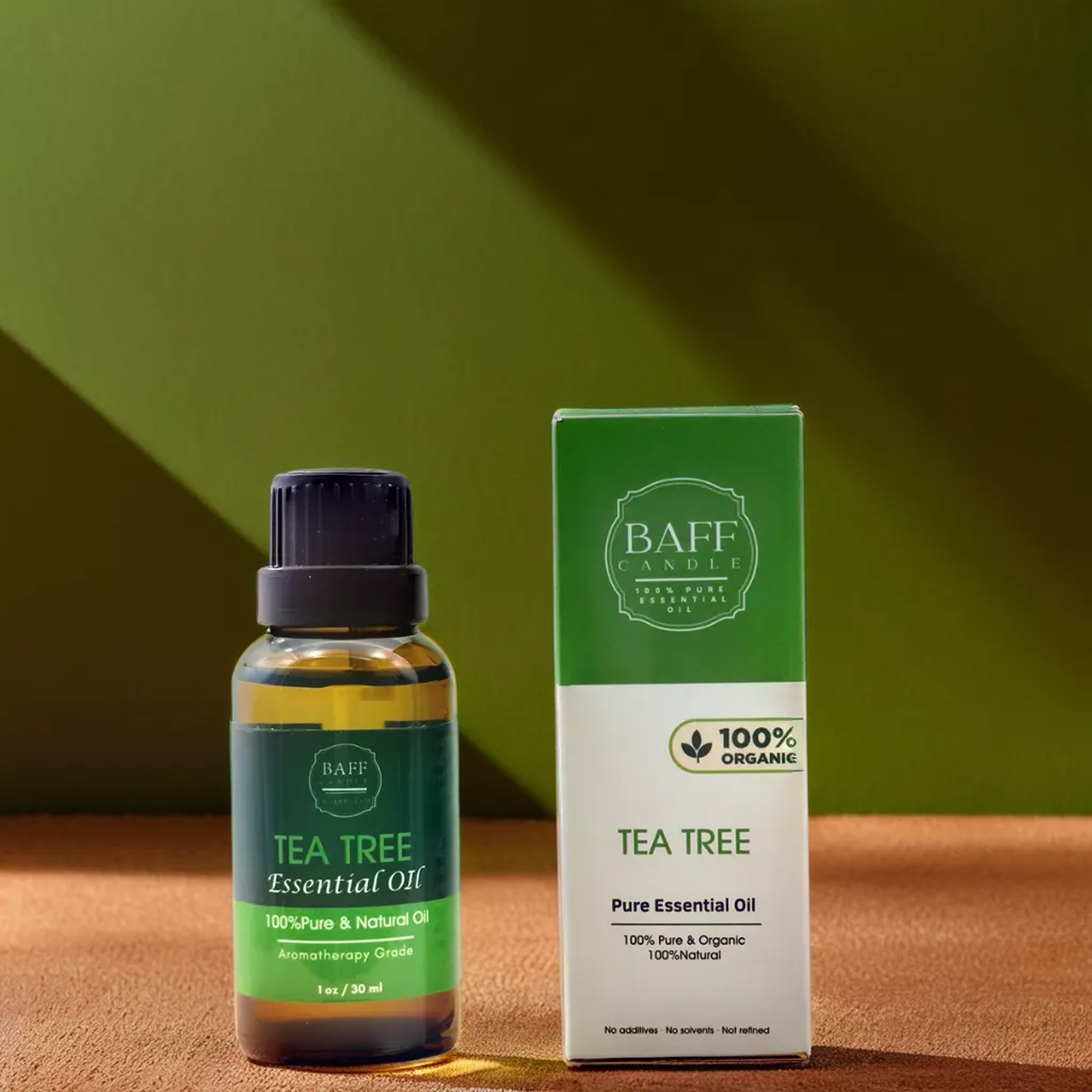















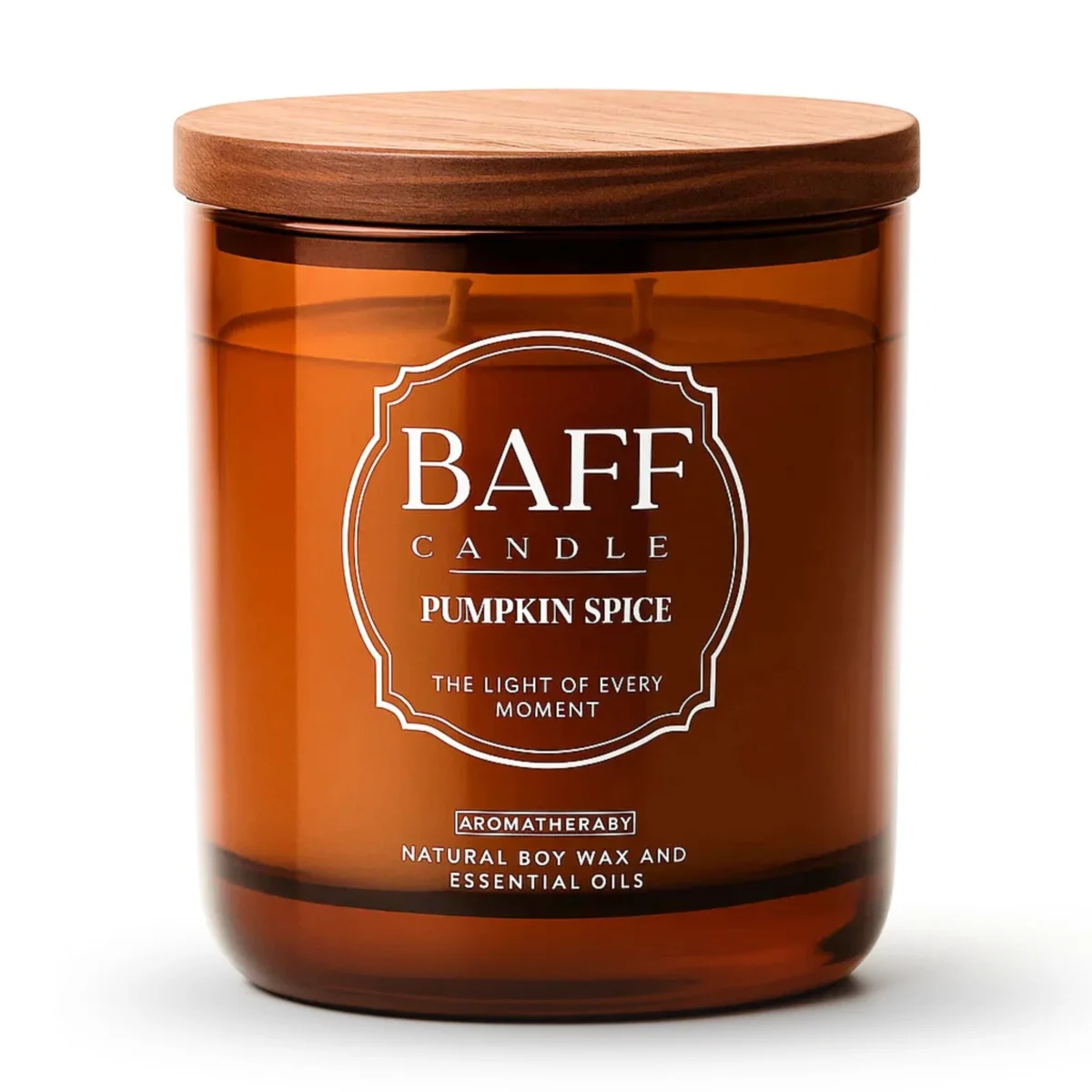

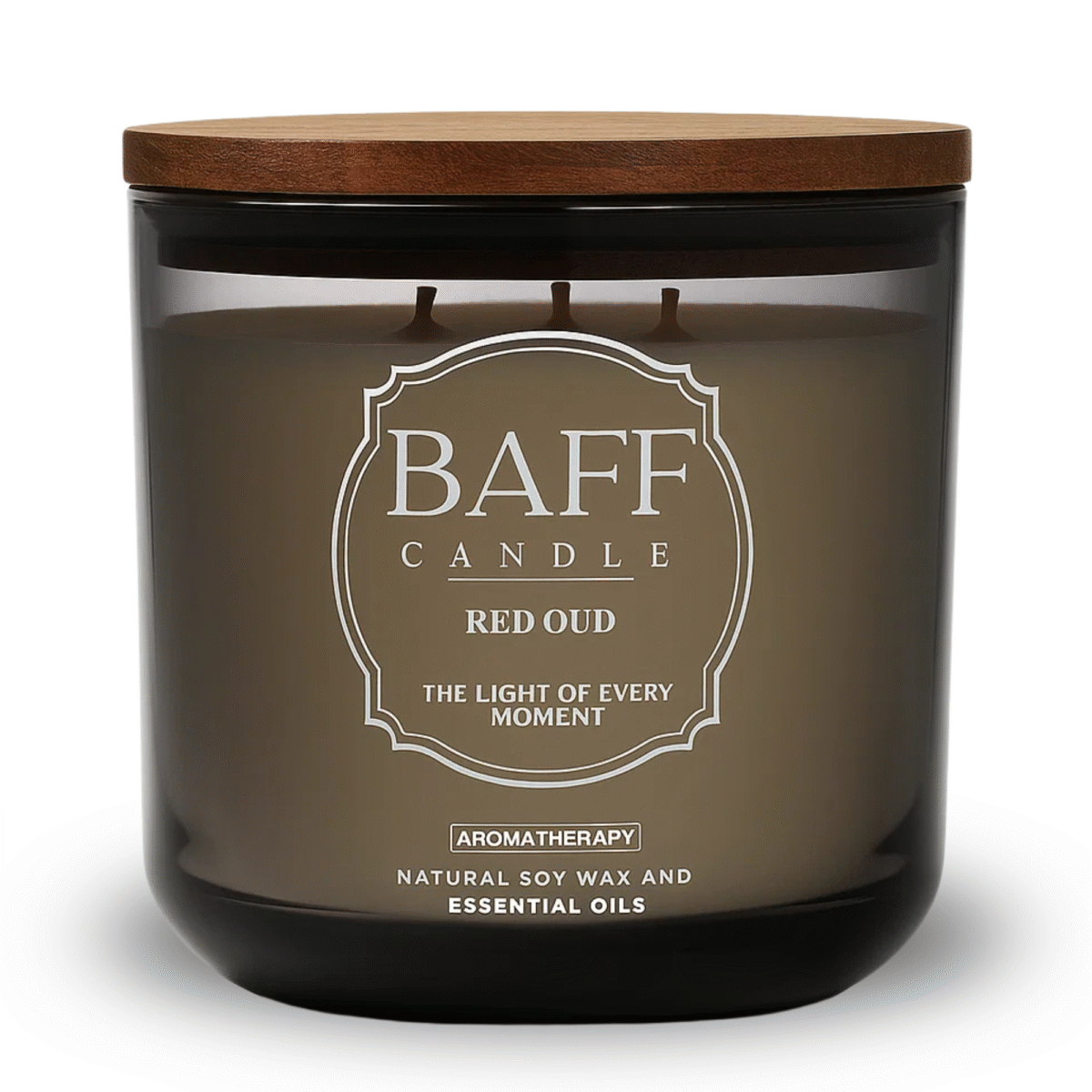

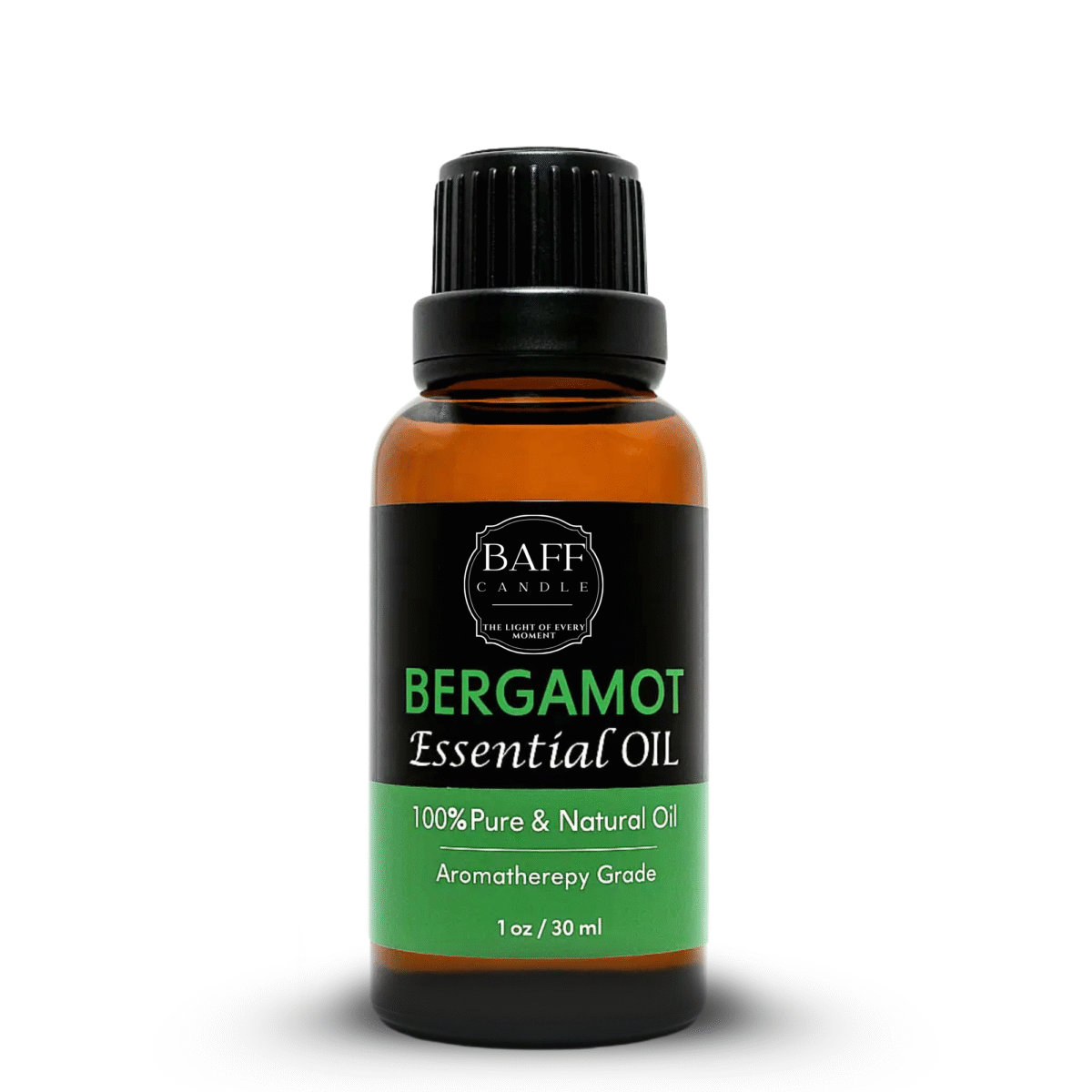
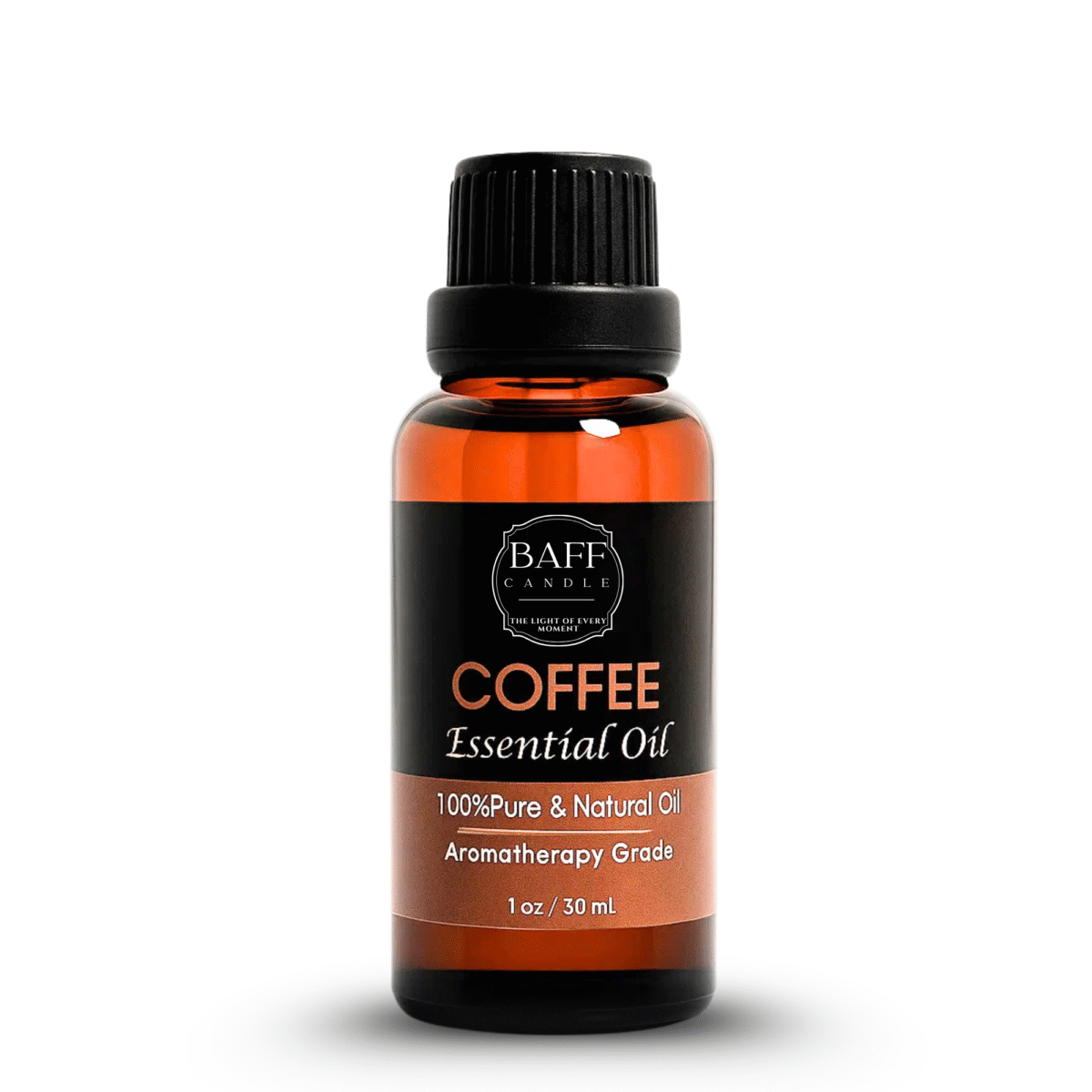



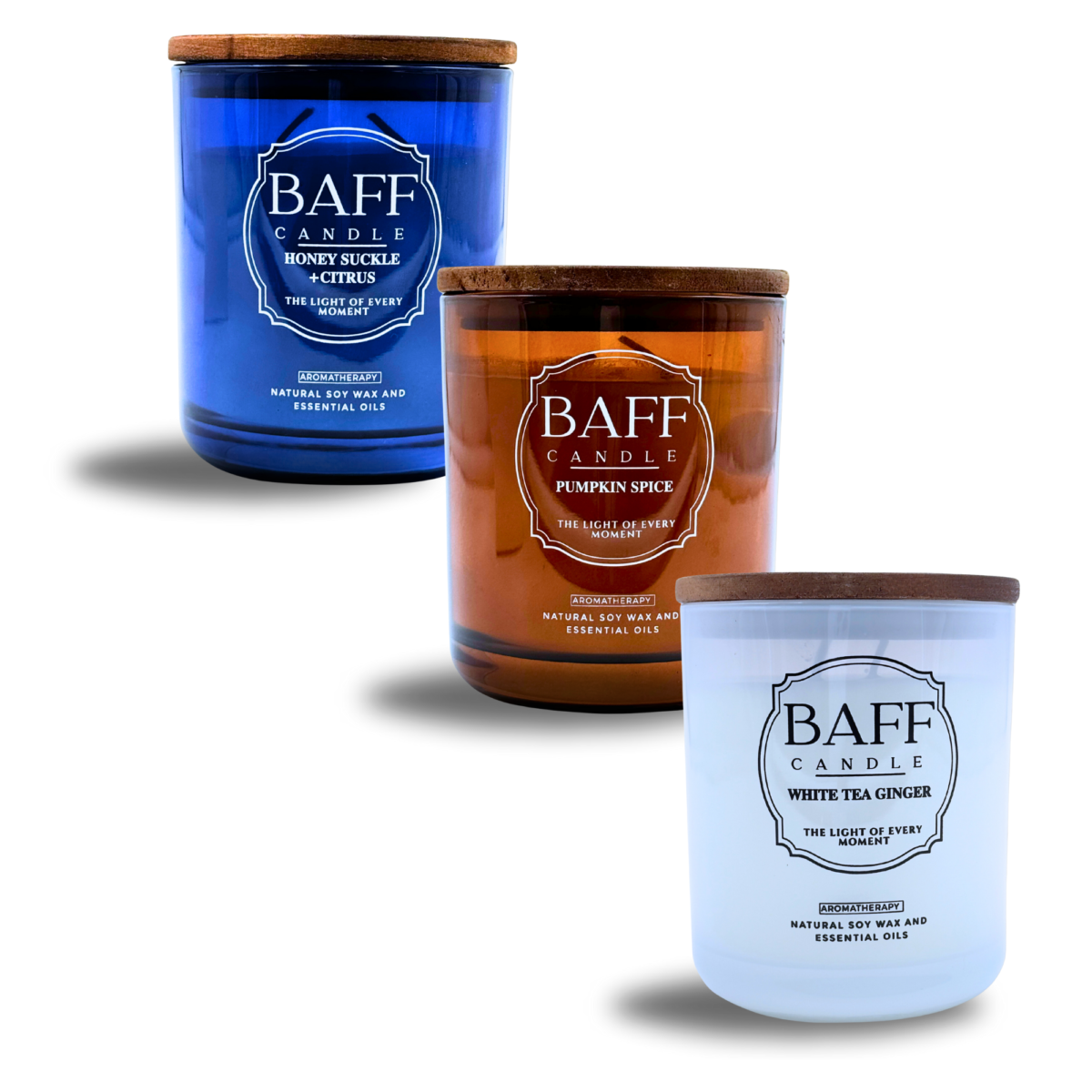
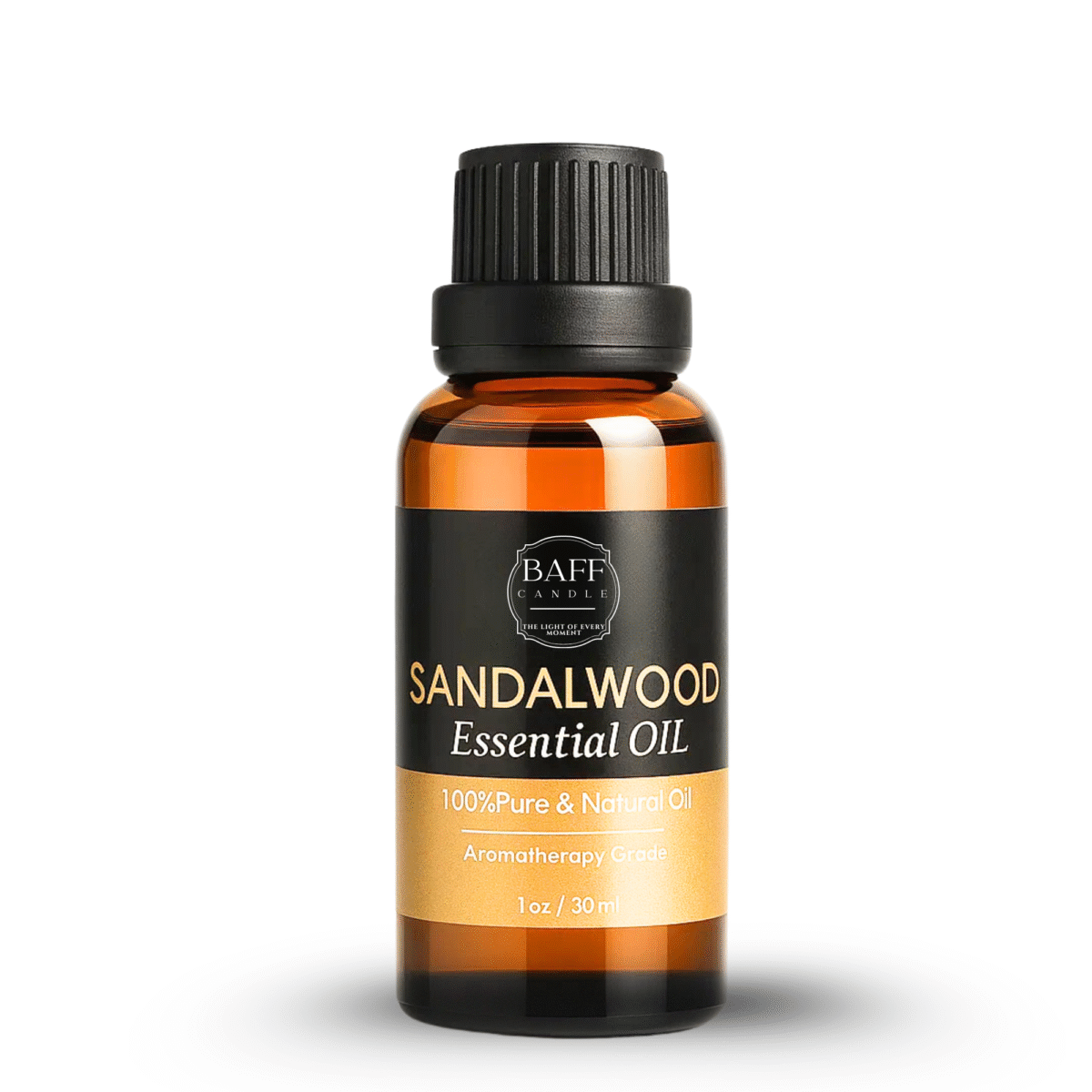


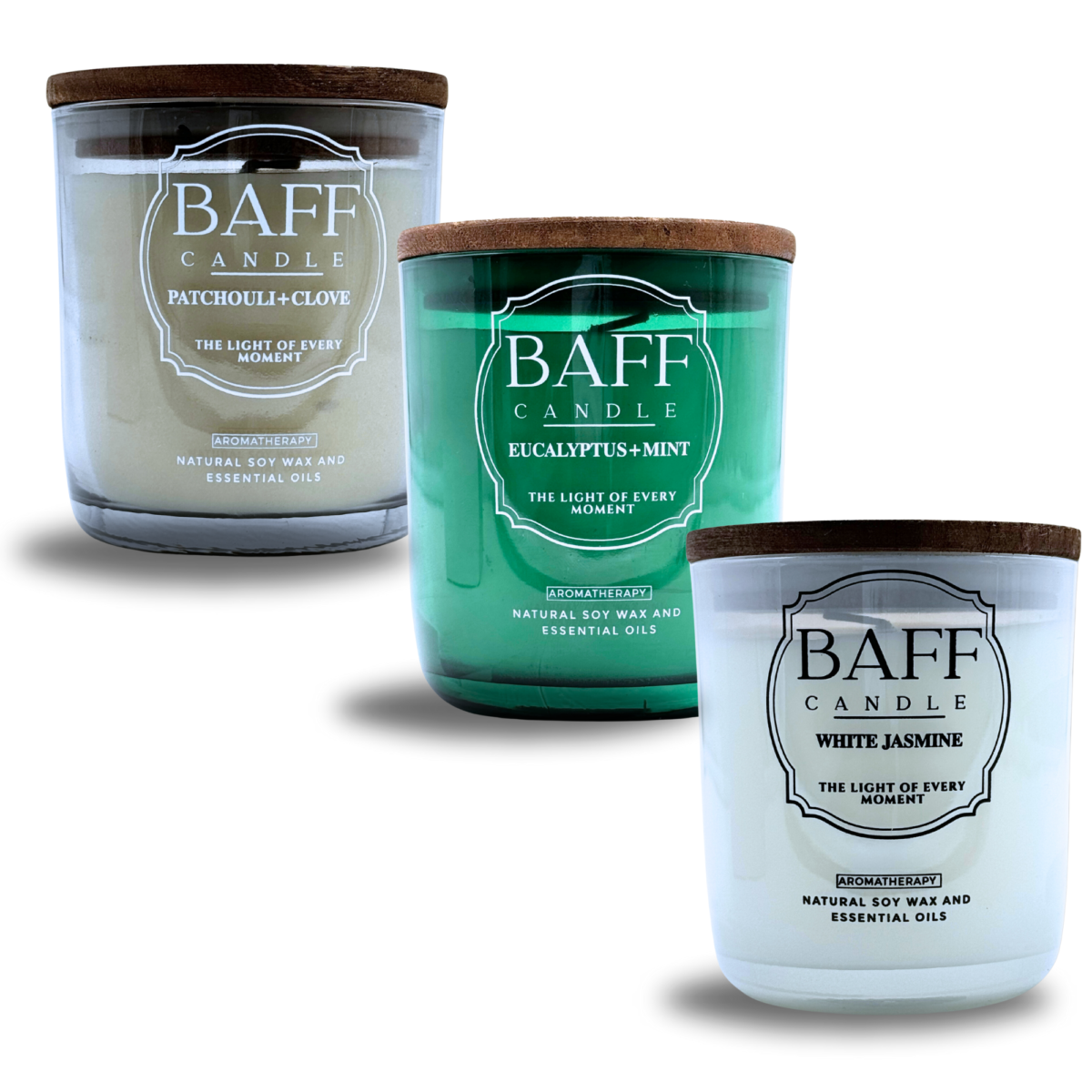

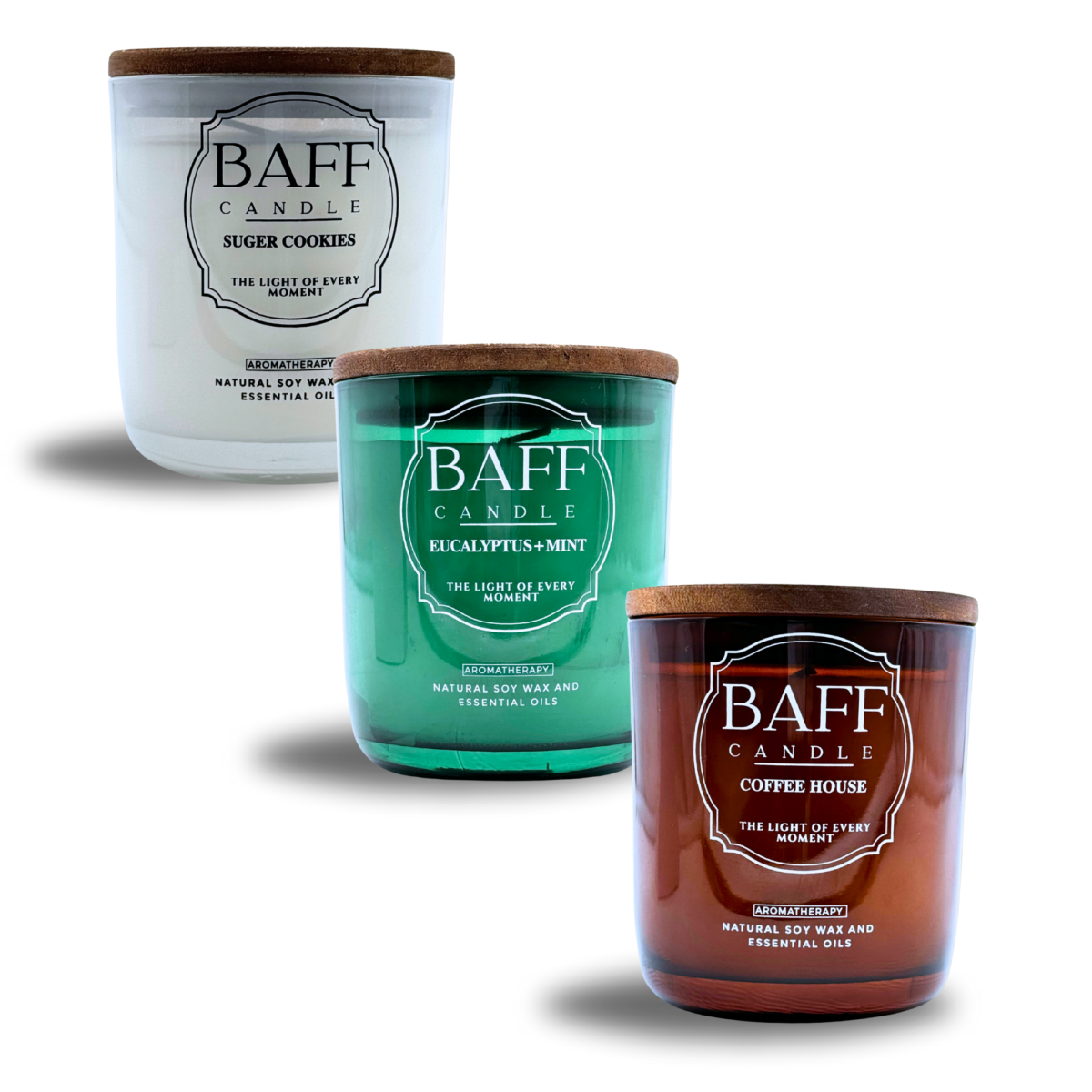

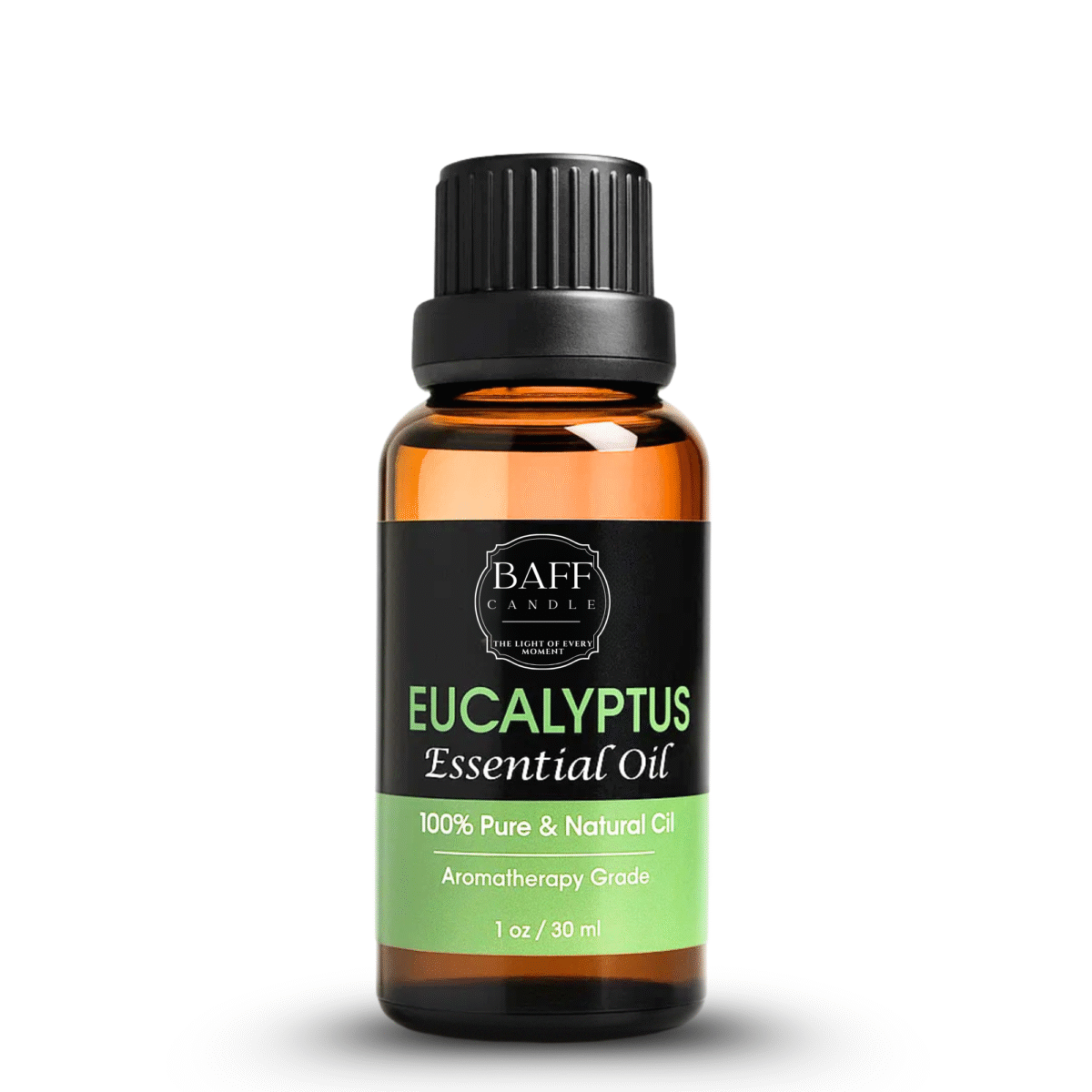

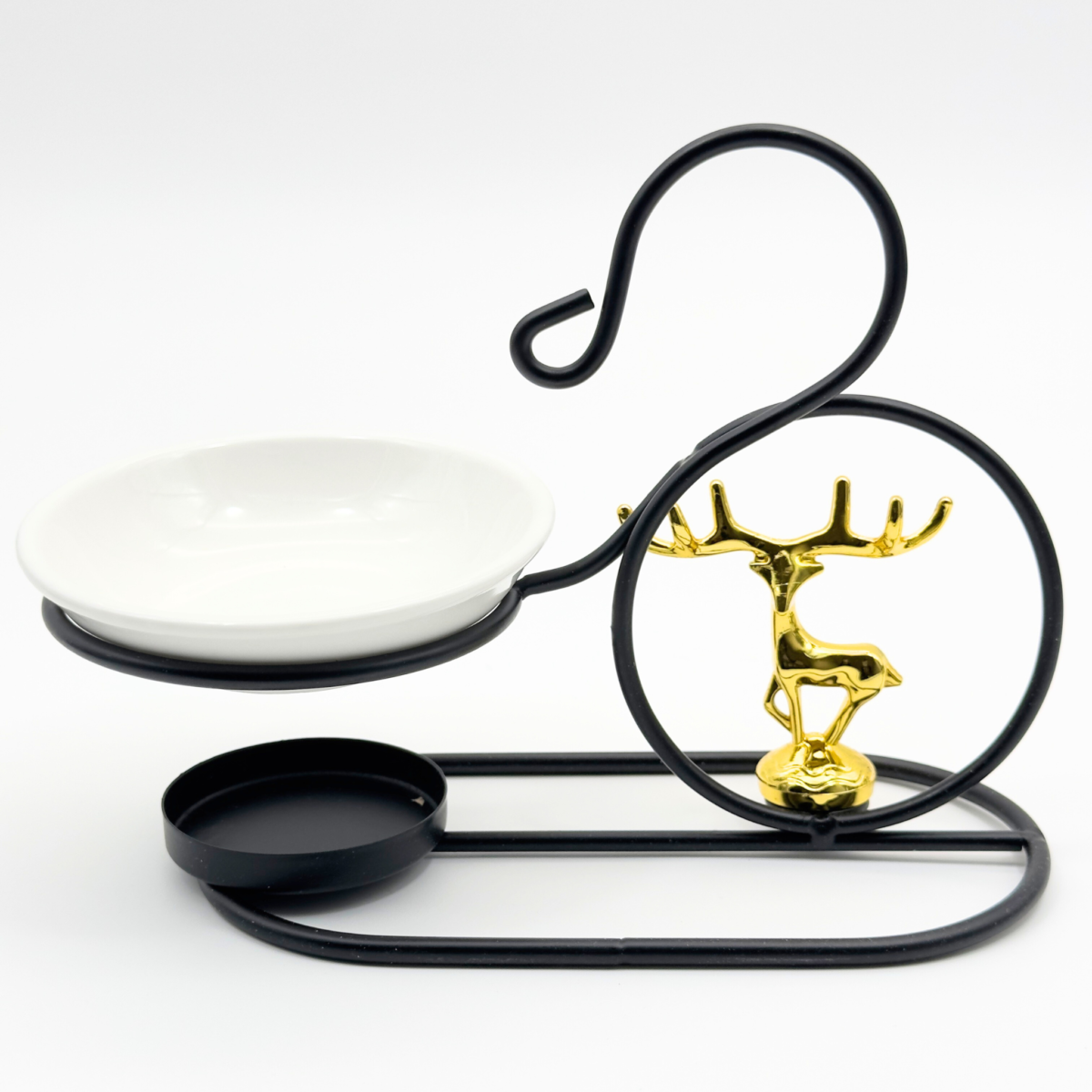
Belinda Gages –
It’s my go-to for clearing out any funky smells and keeping things feeling pure. So simple, but so effective!”